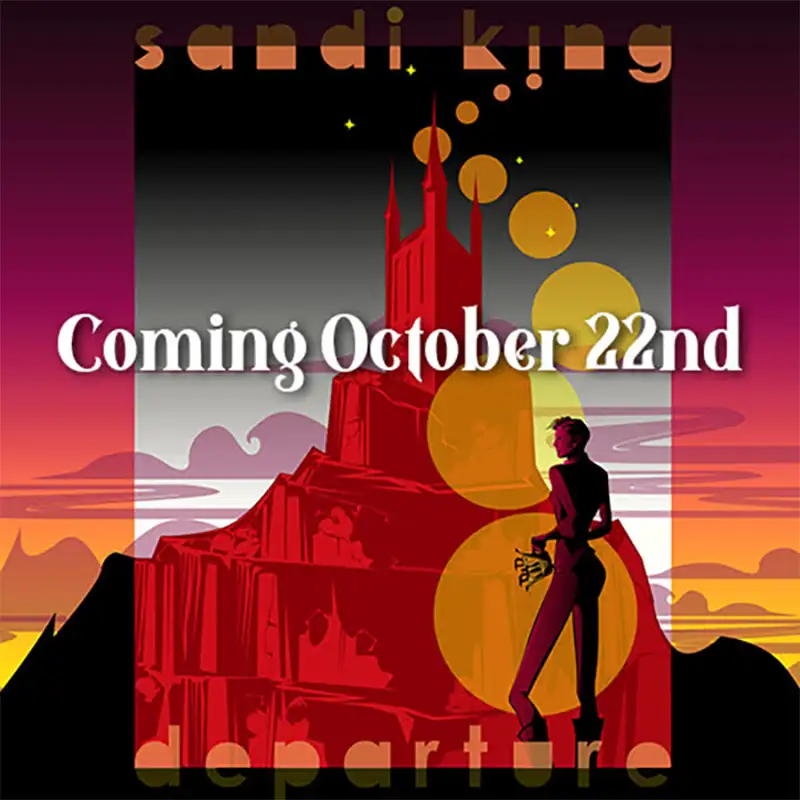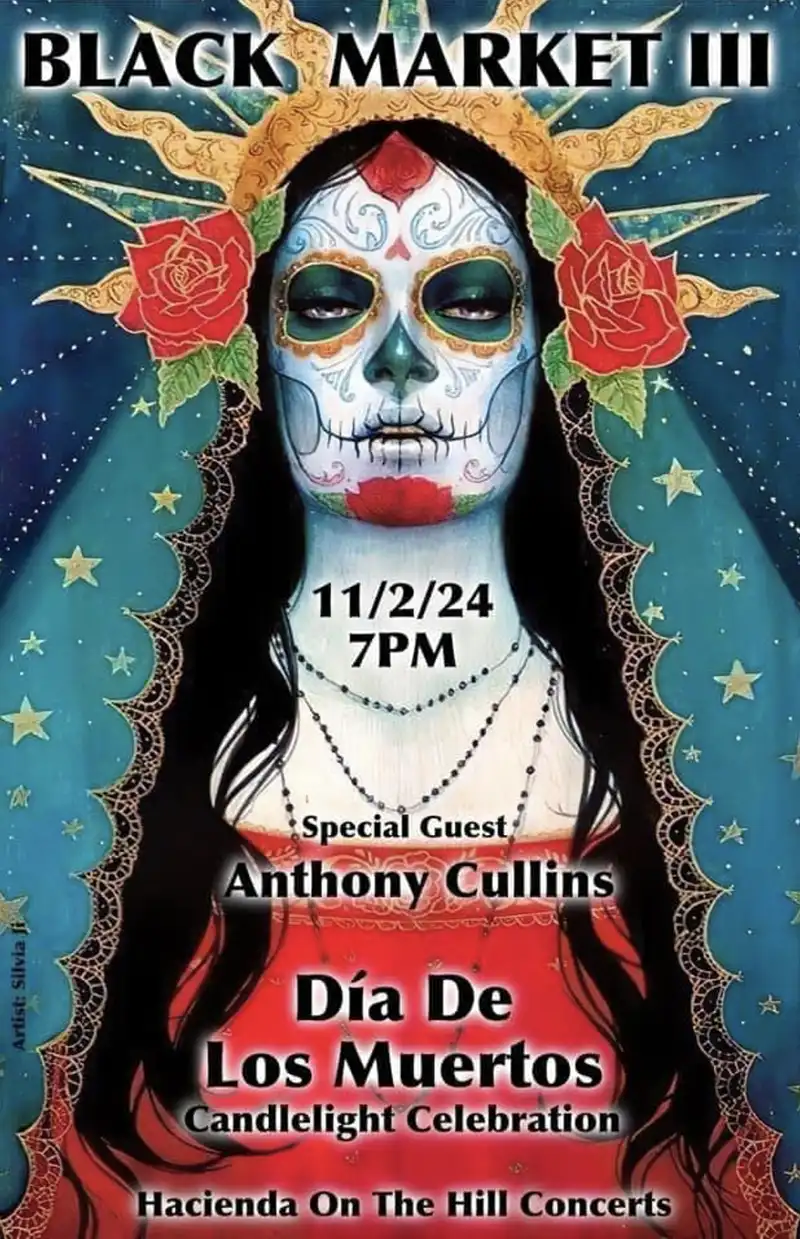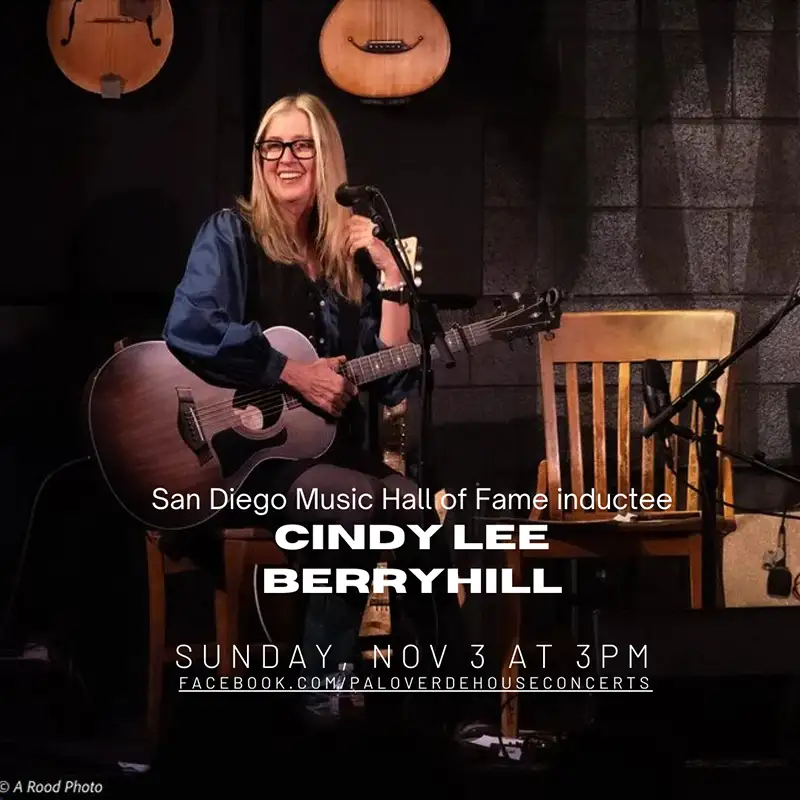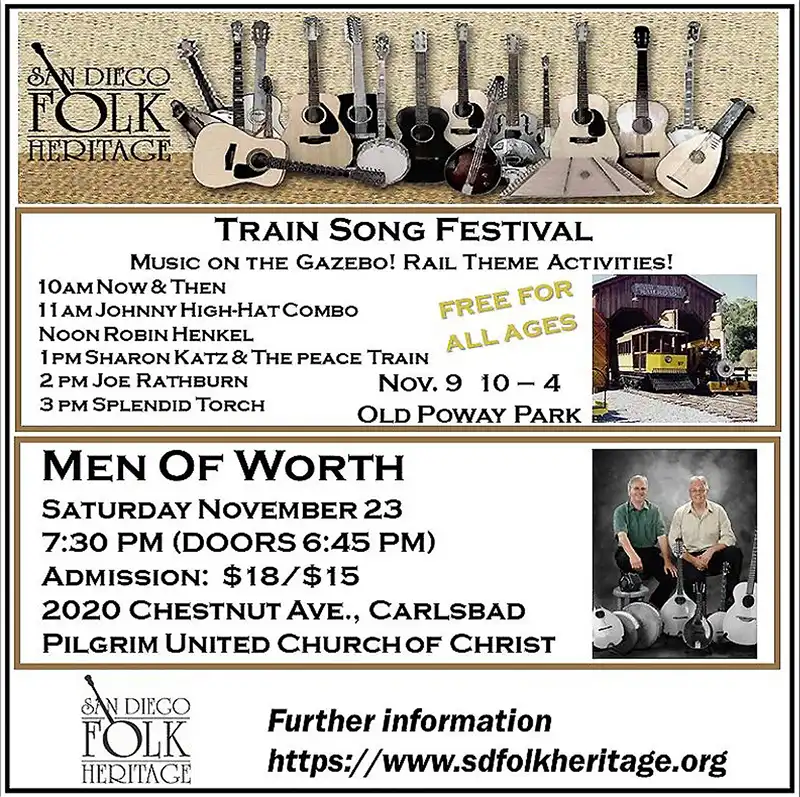Featured Stories
C. Gibbs. Print the Legend.
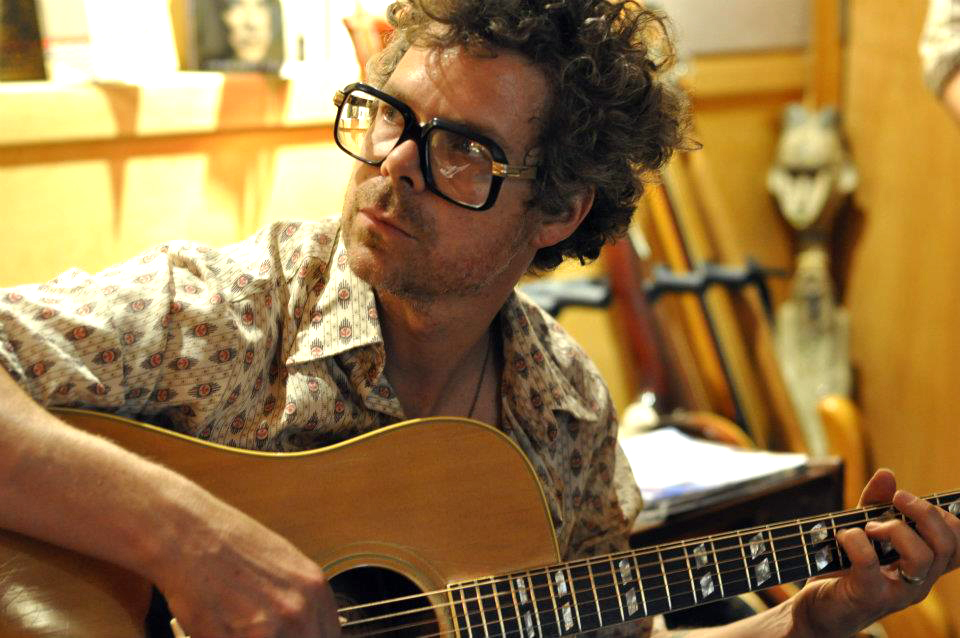
Christian Gibbs
“Hey man, did the band break up? Nobody has called about practice.”
I hadn’t seen Christian in a month or two since the band had voted him out and I was caught off guard by his question. It’s 1987, and we are at a bar in Tijuana called, quite simply, The House. And it is a literal house. A craftsman bungalow that had been converted to a bar. In a sea of high concept Tijuana Discotecas, which rivaled the best dance clubs in the world, was our regular hangout. A grungy bar near the end of Revolución that played “Brass Monkey” by the Beastie Boys and the entirety of the Cult’s Electric album in equally heavy rotation.
“No one told you?” I respond.
We are standing on the outside deck next to a dance floor. “Boys Don’ Cry” by the Cure is playing and I both love and hate that I can listen to my favorite band over an immense sound system yet have to share them with a bunch of idiots that clearly don’t understand them as deeply as I do. I was probably smoking a clove cigarette during this conversation and we were both definitely holding bottles of Dos Equis.
“We DID break up?” he says, confused.
“No, man. But I can’t believe nobody called you. You’re not in the band anymore.”
What I didn’t tell Christian then was that I was the sole dissenting vote, arguing for another chance because I loved playing with him. Instead, I played the fall-guy in this story for nearly 20 years before reconnecting in Brooklyn in the early aughts, which provided me the first opportunity to set the record straight. But it was too late. Old habits and stories die hard, and the legend had been long since written. Some histories are better left alone. So, it stands that I’m the only person to ever kick C. Gibbs out of a band, and we’ve both milked this story for all its worth for countless years. Christian introduces me this way to this day.
But if we’re keeping the record straight, the truth is we did no harm to Christian’s career. He quickly moved to London, and found himself the touring guitarist for Modern English, traveling the world supporting their big hit, “I’ll Melt with You.”
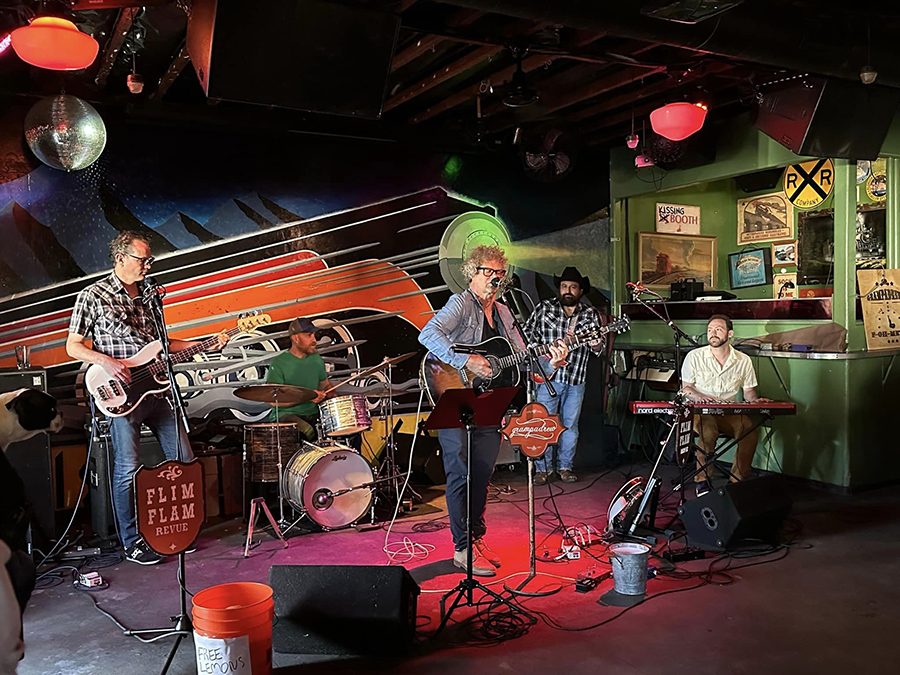
Gibbs et. al. at a grampadrew’s Flim Flam Revue at the Whistle Stop.
This was the greatest double-fisted middle finger imaginable to a bunch of South Bay saps like us, but, honestly, I was just kind of proud of him. I think we all were. A touch jealous, sure, but the truth is he was always the most all-around talented member of the band. A couple of us were decent songwriters and guitarists and we could sing. But Christian was and still is a prolific songwriter who can sing his heart out from a growling Waits-like scream to a tender falsetto or croon.
He played bass in our band but he’s a shredding electric guitarist, a quiet finger-picking madman on the acoustic, and can be a fierce pianist or a delicate tinkerer on the keys as the case (or song) may call for. On stage, he’s a powerful front man as well.
Following his world tours with Modern English, he rode his skills straight to a record deal with his indie-rock band The Morning Glories on legendary San Diego label Cargo Records and eventually landed a solo deal with Atlantic Records. He continues to tour Europe today and has released 16 albums under various band names from Morning Glories, the Droves, Lucinda Black Bear, He Arrived by Helicopter, and Cardia Bros to multiple variations of C. Gibbs/Christian Gibbs solo projects, effortlessly moving between Americana, Alt Country, and Experimental Indie-Rock.
His multiple band names reflect his immense respect to the musicians who help him shape his vision, often changing the names of his projects to represent the group effort. “Personnel has a lot to do with it. You become friends and they’re band members… and you get attached to the people you play with and want this to feel like a collective thing…. so let’s call it ‘C. Gibbs and the…’”
“C. Gibbs Review was the first record… that got me signed to Atlantic.” As a label compromise, “Unfortunately we came up with C. Gibbs Group,” a name that never sat well with Christian. “But mostly it’s been C. Gibbs lately.”
I’m not sure that clears up the name confusion but it gives us the reasoning behind it all.
He’s played in theater pits for musicals since we were in high school, which led to playing guitar in a Broadway adaptation of the early life of a musician in Amsterdam—a semi-autobiographical tale written by Mark “Stew” Stewart. The Broadway musical Passing Strange was ultimately filmed by Spike Lee, a movie that Christian was also part of.
So, yeah. The whole truth is I’ve spent most of my own musical career in absolute awe of Christian.
A little taste of C. Gibbs.
Even before we knew each other, when he was playing in our high school song and dance jazz ensemble, he managed to make wearing their ill-fitted electric-blue sequined vests an enviable proposition—white-gloved jazz hands and all. But I know enough about the business of music and about Christian’s personal life to know this resumé covers up some deep scars.
His mother took her own life when he was young. “I was 11 when my mom died. I have three songs with her name. Donna Marie is probably the most literal.” But by my count, including songs that don’t name-check her directly, there are at least six songs about his mother in his catalogue, including “Tall Shoe Marie,” “Straps and Chains,” “Dear M,” and the aforementioned “Donna Marie,” all on the album The Pinkerman Set, as well as “So Long Marie” from Parade of Small Horses and “Hotel St. Marie” from Sleep the Machines. Her mental health struggles are a deep thread through his music and Christian struggled for years himself with alcohol addiction before getting sober.
Christian is clearly working out his demons through music and if his demons seem a bit more intense than the rest of ours, it only goes to make his music that much more compelling. “I think it saved my ass,” He says, matter-of-factly. “That was my therapy.”
Music as a savior is a theme that keeps coming up in all of my interviews with artists but when Christian says it, it feels more literal.
They said she fell, they said she jumped into the sea
I never saw her in the water…
And on all fours we crawled the Coronado Cays
I never saw her in the water
They said she drowned with ribbons in her hair
I never saw her in the water
—from “Donna Marie”
It’s no stretch to see why, today, Christian works with music therapy and recovery teams to lift people out of depression and addiction cycles. “I work with a lot of mental health issues… people with schizophrenia, stuff like that… teaching songwriting therapy.”
“I’ve turned a scar into a star,” he says. “I got that from my grandma, by the way. That phrase. Because we had a lot of suicide in my family. She lost two of her children, one was my mom.” Christian pauses only briefly. “But she wasn’t mopey about it, ‘Why did god take my children?’ She was proactive about it. She joined Survivors of Suicide…I think she became president…She became really active and helped other people.”
His grandmother clearly paved the way to Christian’s future.
Yet even with this history, Christian is ambivalent about sharing his music therapy work and sobriety, deflecting toward a philosophy of humility. When we talk about how he navigates touring amid a rock ‘n’ roll lifestyle often filled with excess, he sees the positive in not being hampered by day-after hangovers. “You get to see a lot of cultural stuff, it’s not just clubs and bands. I’m not unhappy; I’m really content with it.”
He shares the same practical angle on his music therapy work.
“To be honest, I’ve always looked at the job I have now as a pragmatic way to make ends meet. I never analyzed it. I don’t like to bring attention to it… I don’t want to identify as ‘sober singer guy’ but it definitely is part of my story. I work with people [in recovery] where that’s their Identity and it’s great that it works for them. But I’m also a dad. I’m a musician.”
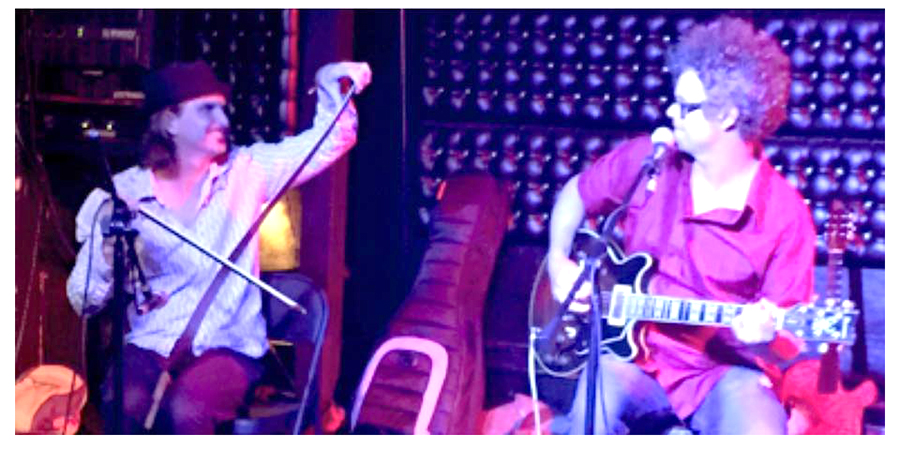
C. Gibbs with Drew Douglas on saw.
After living in Brooklyn, New York, for over 24 years, Christian has returned home to San Diego County. He and his wife are currently raising their two boys in Oceanside, balancing fatherly responsibilities with his continued music career and his various hustles that help make the nut. “Ironically, living in New York City was probably three times cheaper. We had a rent-stabilized apartment which is why we stayed so long. When I was there, my wife would have to commute to New Jersey, so she’d be gone all day and the kids would be at school all day. And I had the house to myself so I would transform it into a makeshift recording studio and make fun records like He Arrived by Helicopter.”
When discussing his writing process, Christian returns to his work with music therapy groups. “I geek out on it. I just have them give me a letter between A and G. Then I’m like, give me another. Or ‘What’s the first thing you thought of this morning in five words.’ And let’s just get stuff on the board. I think that’s important for anyone writing songs. Just get stuff up on the board. I think people get too precious. I think first ideas are good…not to analyze it too hard. Because a lot of people are still making their first record, you know, 30 years later. Because they get caught up in perfectionism.” Sixteen albums later, this approach has clearly served Christian well.
On a roll now, he continues, “Music is bilateral stimulation. When you’re dancing, you don’t know you’re moving your leg to 16th notes but it’s engrained. At the stop light tapping on your steering wheel, everyone’s got that in them. I think music is that perfect thing. A little bit of math. A little bit of literature. Using both sides of the brain to be creative. That’s what’s awesome about it.”
His words highlight the passions that brought him home.
Meanwhile, in his Oceanside home, his boys acclimated quickly to the surf culture and the West Coast lifestyle while their father continues to look for balance in unfamiliar territory amid his old stomping grounds. “It was easier when they were tiny. ‘We’re going to Switzerland and you’re coming on tour with me, ’ and they don’t care that they’re missing a 10-foot swell or soccer practice. Now, they miss that stuff. So, we’re more engrained with that.” So, when not at work or on stage or in the studio, Christian spends his days shuffling the boys to soccer and surf meets, their bleached-white hair a reminder of the youthful mop that is now a wiry, greying tangle on their father’s head. Christian surfs with the boys but admits they are better than he ever was.
Then again, they’ve yet to tour the world with their talents or be on magazine covers or major record labels or Broadway plays filmed by iconic directors. So, Dad still holds the reins on cool, even if teenagers are often too self-involved to notice.
Meanwhile, he is gigging regularly from the Pour House in Oceanside to coming full circle to play with yours truly at grampadrew’s Flim Flam Revue, gracing us from the Whistle Stop Bar in South Park to our annual Flim Flam music festival in Idyllwild. (The next Flim Flam Revue takes place on Saturday, March 2.)
Donna Marie
Mother of me
Do you dance among stars
Do you gather the gods
Do you look down on me
My Marie
If Donna Marie is looking down, there’s little doubt she’s smiling with the pride of a mother whose son has grown up strong and well, who continues to walk the tight rope of raising amazing boys, loving his wife with deep affection, serving his muse, and giving back to others through his talent and labor.
So long, Marie.
I’m happy to keep
your memories in reach.
Legends aside, there’s never been a hatchet to bury between Christian and me, only a love and respect that was never put on hold despite years and miles apart; I can’t imagine ever finding ourselves on opposite ends of an awkward breakup again. I feel lucky to have Christian back in San Diego and back in my musical orbit. And if you venture out to see him, I’m confident you’ll feel exactly the same way.



